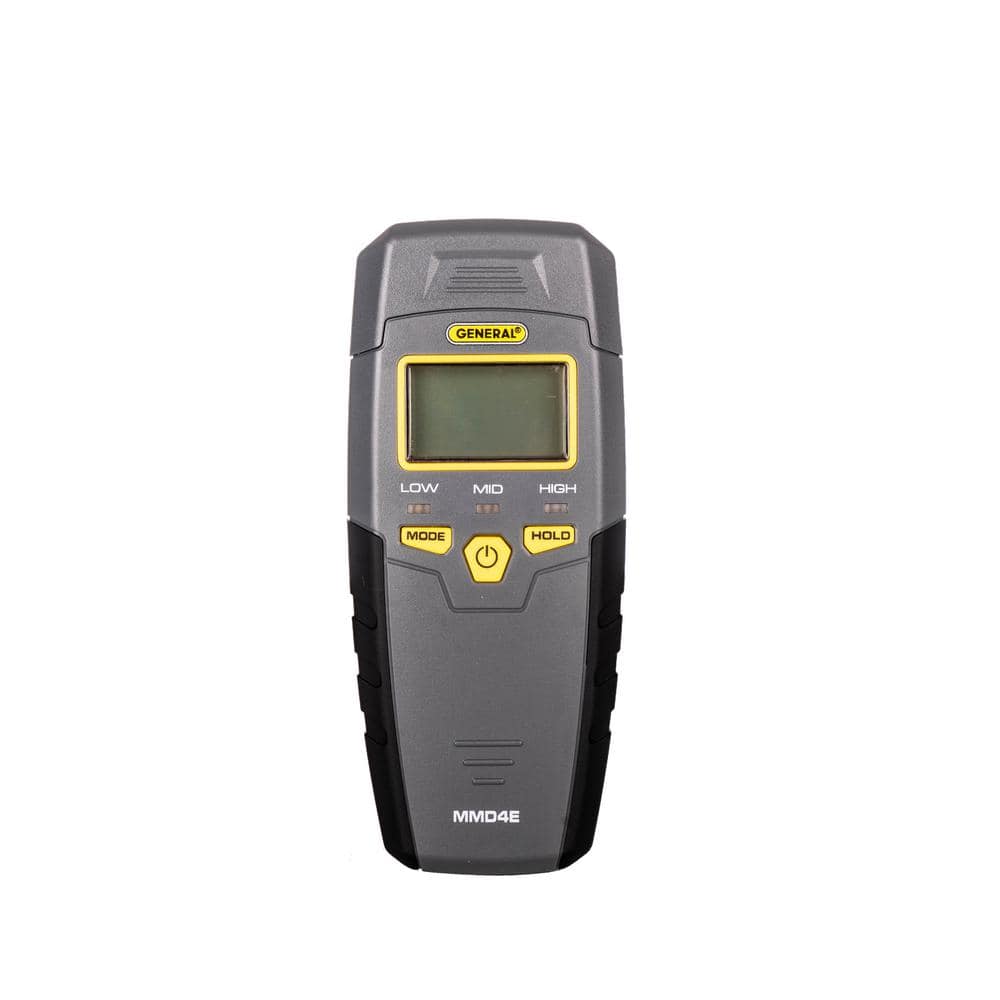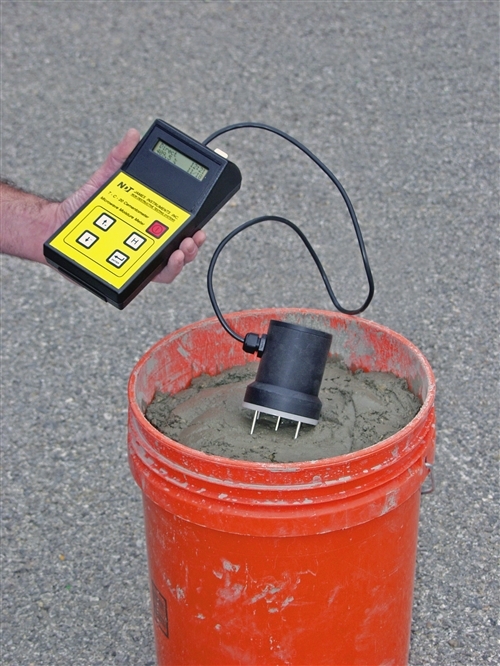The Ultimate Overview to Dampness Meters: A Comprehensive Review and How They Can Save You Money
In the world of building upkeep, building, and numerous markets, the significance of precisely gauging dampness levels can not be overemphasized. Dampness meters work as vital tools in identifying and keeping track of moisture web content in materials, assisting in avoiding pricey damages and guaranteeing the top quality of items. Understanding the subtleties of different kinds of wetness meters, their applications, and the possible cost-saving advantages they offer can be a game-changer for experts and organizations alike. Uncovering just how these devices can not just streamline procedures yet additionally contribute to financial cost savings is a journey worth getting started on.
Kinds of Moisture Meters
Different types of dampness meters are readily available for different applications in various markets. One typical kind is the pin-type wetness meter, which measures the electrical resistance in between two pins inserted right into a material. This kind appropriates for timber, drywall, and various other building products. Pinless wetness meters, on the other hand, usage electromagnetic sensor plates to check a larger area without triggering damage to the product's surface. Moisture Meter. These meters are perfect for promptly evaluating dampness degrees in huge locations such as walls and floorings.

In addition, there are likewise specialized moisture meters made for particular products like dirt, hay, or grain. These meters supply accurate moisture analyses tailored to the unique homes of the material being checked. Infrared moisture meters measure the thermal residential or commercial properties of a product to determine its wetness web content non-invasively, making them helpful for applications where pin or pinless meters may not be suitable. Recognizing the various sorts of dampness meters readily available can aid industries pick the most ideal tool for their certain dampness dimension demands.

Advantages of Using Moisture Meters
Wetness meters use indispensable advantages in accurately checking and assessing wetness levels in varied products and settings (Moisture Meter). Among the primary advantages of using dampness meters is the avoidance of potential damages triggered by excess wetness. By detecting and attending to high moisture degrees early on, moisture meters help to stop mold and mildew development, rot, and structural damage in buildings, saving both time and cash on fixings. In addition, moisture meters aid in guaranteeing the high quality of products during building or production procedures. By precisely determining moisture content, these tools assist preserve the stability of wood, drywall, concrete, and other materials, decreasing the danger of problems or failures.
Additionally, using wetness meters can bring about increased power effectiveness. By identifying locations with high wetness levels, such as leaks or inadequate insulation, changes can be made to enhance power preservation and decrease energy expenses. In farming settings, dampness meters play a critical function in optimizing plant yields by enabling farmers to monitor dirt moisture degrees and make informed watering decisions. On the whole, the advantages of utilizing dampness meters cover throughout different sectors, supplying cost-effective remedies and promoting far better quality assurance techniques.
How to Select the Right Dampness Meter
Selecting the proper dampness meter involves thinking about key aspects such as product compatibility, measurement range, and calibration accuracy. When selecting a dampness meter, it's crucial to guarantee that the meter appropriates for the specific material you will be testing. Various products have varying electric residential properties that can influence moisture readings, so selecting a meter developed for your material is crucial for precise results. Furthermore, think about the dimension array of the dampness meter. Ensure that the meter can find dampness degrees within the variety required for your applications. Calibration accuracy is another crucial variable to bear in mind. Choose for a moisture meter with dependable calibration to guarantee precise and consistent analyses. Some meters might call for regular calibration modifications, so comprehending the calibration procedure is vital. By meticulously reviewing these variables, you can select a wetness go to website meter that satisfies your demands and gives precise wetness measurements for your tasks.
Correct Methods for Moisture Meter Use

Price Cost Savings With Wetness Meter Applications
Exactly how can the tactical usage of moisture meters lead to significant price financial savings throughout different industries? Moisture meters play an essential role in price financial savings by stopping prospective damage and ensuring quality assurance in various industries. In the agriculture sector, wetness meters aid in determining the optimum time for gathering crops, preventing excess or over-drying dampness that can affect the final item's quality. This accurate tracking aids farmers avoid unneeded losses and optimize their return.
In a similar way, in construction, wetness meters assist stop expensive problems by finding wetness levels in structure materials, such as timber or concrete, which can lead to structural problems if not attended to without delay. By determining issue areas early, specialists can take rehabilitative actions to prevent extensive repair work or substitutes, inevitably conserving time and cash.
Furthermore, in the food processing market, moisture meters are important for keeping an eye on item quality and making certain conformity with security policies. By properly measuring dampness material in food, manufacturers can prevent wasting, keep quality, and minimize waste, leading to significant price savings. On his response the whole, the critical application of moisture meters is a useful investment that can bring about substantial expense reductions and boosted performance throughout various industries.
Conclusion
In final thought, dampness meters are beneficial devices for measuring and spotting dampness levels in different materials. By using the appropriate moisture meter and complying with appropriate methods, individuals can successfully prevent expensive problems triggered by excess moisture.
Dampness meters offer as vital tools in spotting and keeping track of moisture content in materials, aiding in stopping costly problems and making sure the top quality of items. Infrared dampness meters determine the thermal buildings of a material to determine its wetness material non-invasively, making them beneficial for applications where pin or pinless meters may not be ideal.Dampness meters provide invaluable advantages in precisely analyzing and keeping track of dampness degrees in diverse products and atmospheres. In agricultural settings, wetness meters play a crucial duty in optimizing crop returns by enabling farmers to keep track of soil dampness degrees and make informed irrigation decisions.In conclusion, moisture meters are important tools for determining and finding dampness degrees in numerous materials.